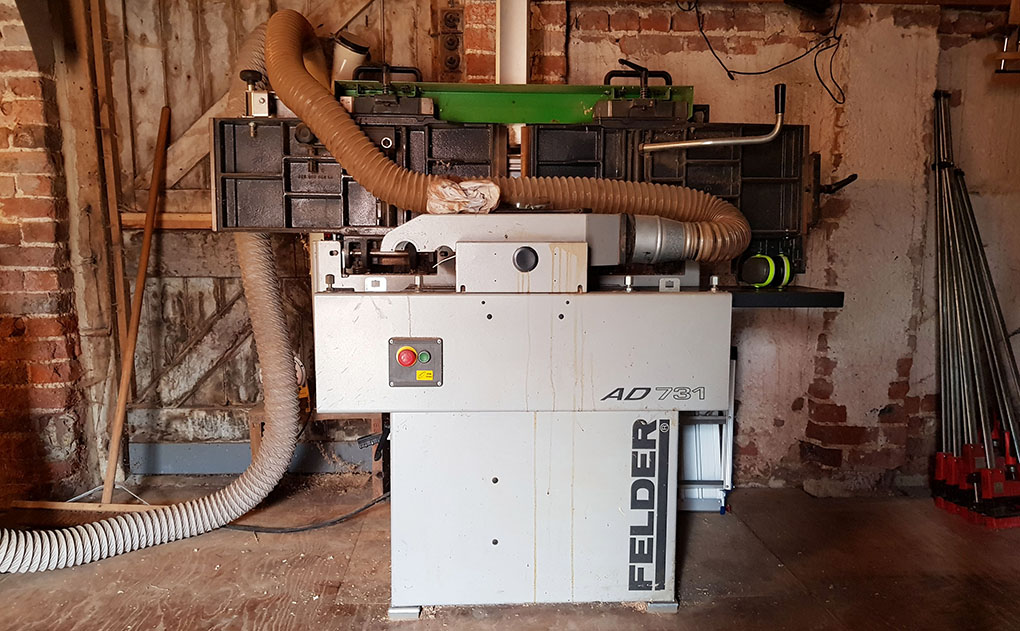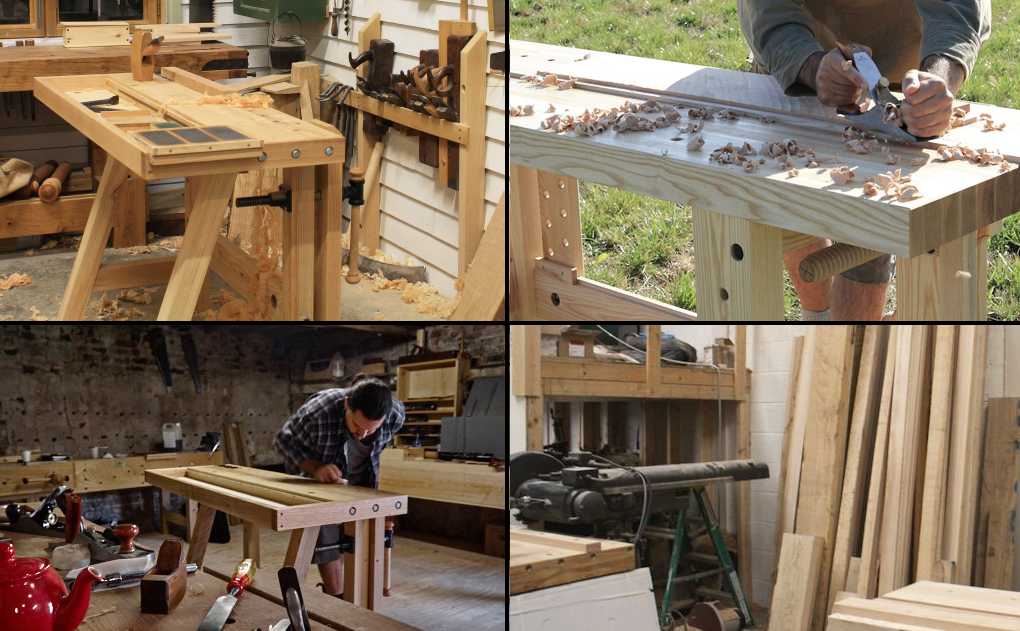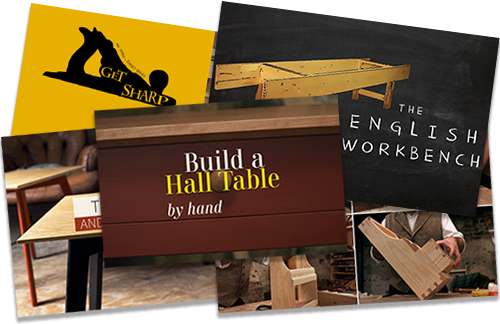If you’ve seen anything from us then you’ll know it’s not exactly text book stuff.
Our approach comes from a heap of passed down knowledge finely blended with many hours of doing at the bench.
Then there’s the dash of weirdness that my mind adds in.
I like to understand stuff. How it works.
I’m obsessive like that.
But it’s a simpleton’s way of thinking.
I don’t pore over books or know fancy words.

People see hand tools and often think – ‘history’.
For some that makes hand tools irrelevant. Outdated.
To others history becomes the focus.
It’s a drive to replicate and understand how things were done, when they had to be done that way.
My understanding of history doesn’t come from books. So I don’t claim to be a bloody scholar or present you with historic fact here.
I’d say history books can be limiting. Giving you a very tight perspective of subjects that were certainly vastly more varied than the information that made it on to paper.
What I do claim though, is to get the job done.
Ask three or four woodworkers today how they sharpen, or tart up a rough board.
The techniques would probably differ. And it’d be a fair assumption to say a good 80% of techniques in use today wouldn’t be covered.
Probably more like 90%.
So I don’t like to focus on ‘the’ way that things were done.
As though in search of the ultimate and singular answer

I find history far more revealing when you ask the question ‘why’. Rather than insisting on learning ‘how’.
‘How’ always varies.
Maybe it varies a little. Maybe a lot.
But there is always more than one way to skin a cat (as they say).
Considering ‘why’ opens up the box to those endless things that have been forgotten.
Yes… it’s pure speculation.
And you’ll never be rewarded with the certainty that you’ve got it right.
Though I recon you’ll understand your craft all the better for opening up your mind.
Anyway, tomorrow there’ll be a rant (video) for everyone. A few of my thoughts on scruffy old dovetails…

![Simple Work Holding For Ploughing Grooves [Without a Tail Vice]](https://www.theenglishwoodworker.com/wp-content/uploads/2022/07/workholding-without-tail-vice-copy.jpg)



Great post Richard.
I agree that too much research can quickly cause the “paralysis by analysis” syndrome so one never gets things done. Like searching for that perfect tool that would make the job much better if we had it but our search for it causes us to never get the job done.
But if one can find the balance which for me is about 80-90% doing and 10-20% learning it can be very beneficial. The balance may be different for other people and we each need to find out what it is for us.
Good points. I just want to get the job done. I have never had any training, just read books. That is why videos such as yours are big help. I love the approach to doing this as a business not as something that is perfection as a goal.
Thanks Richard. You and I think along the same lines. I’ve always wanted to know the why since i was very young. (one of those kids that constantly asked why?) Enjoy your blog and videos.
Being able to be reflective about how you or others achieve tasks will often find a new and sometimes easier way of completing the desired outcome
Look- Guess – Attempt. Have a go at anything use your senses – the odd cut – the bruised thumb the ruined piece – so what, its rarely repeated, so you get then in the end, with a smile.
Stick maker Nick 🙂
Good one Richard !
Learn by doing and or watching other tradesmen …the best way by far.
I really like when you video your rants/opinions. I think there’s a few on YouTube and I’ve watched them a dozen times by now. Thanks for doing all this for us! 🙂 (from Canada)
“I don’t pour over books …”
In this instance, you want “pore”
Thanks John! Edit made…
Hi Richard,
Thanks for the great article. I think you have captured the true spirit of woodworking. It’s not all in the textbooks.
It is the “whys” that are most important to consider, and to me, the most interesting. Think about all the all the jobs that can be done with a specialized plane for the job or an old chisel and equally well, depending on the craftsman.
Please keep ranting!
I don’t pour over books either but I sometimes spill.
Thanks Dave, edit made!